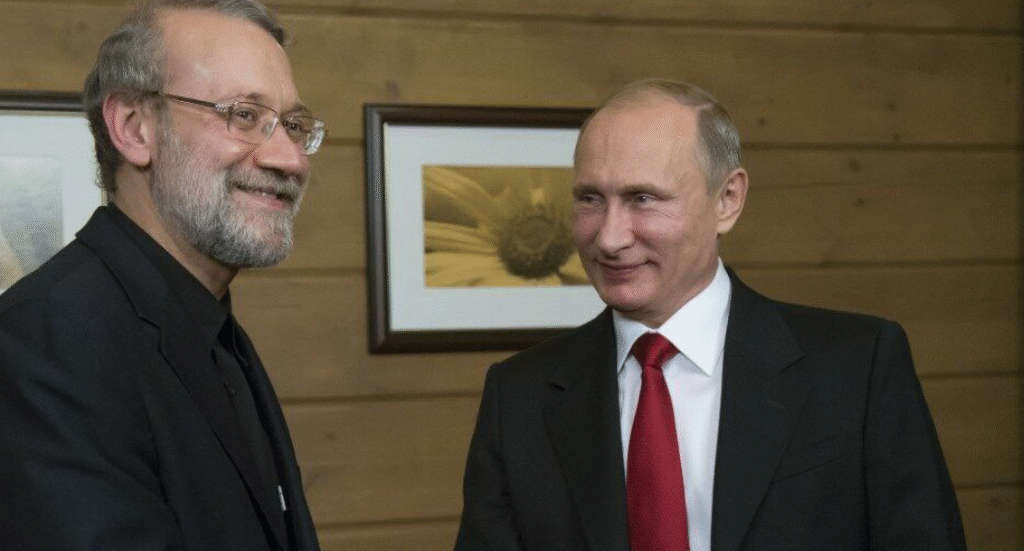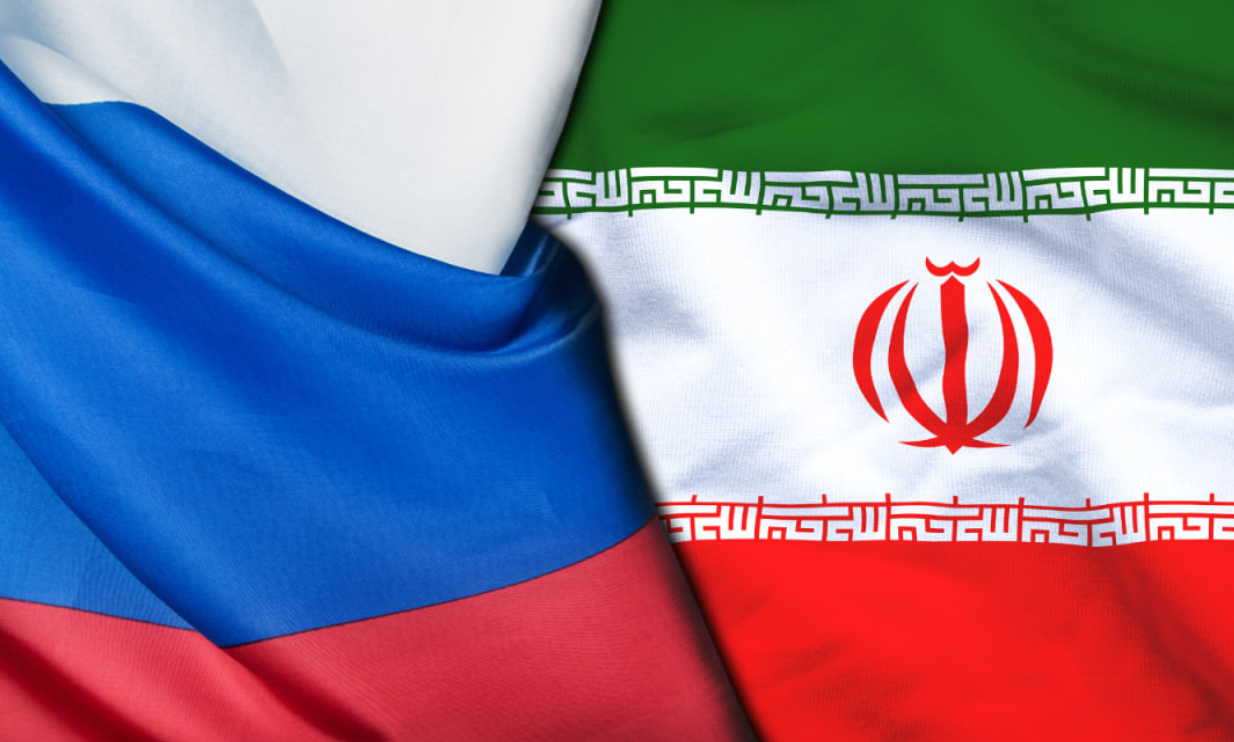Amid rising tensions in the Middle East, Russian President Vladimir Putin met with Iran’s top advisor Ali Larijani at the Kremlin to discuss Iran’s nuclear programme and regional stability. The visit follows recent airstrikes on Iranian nuclear sites and U.S. President Trump’s renewed push for a nuclear deal with Iran, sparking speculation over Tehran’s diplomatic shift toward Moscow.
Russian President Putin Meets Iranian Senior Advisor
In a significant diplomatic development, Russian President Vladimir Putin held a meeting at the Kremlin with Ali Larijani, senior advisor to the Supreme Leader of the Islamic Republic of Iran, Ayatollah Ali Khamenei. The high-level engagement comes at a time when the Middle East is witnessing heightened tensions, with renewed focus on Iran’s nuclear programme and regional security.
According to the official statement released by the Kremlin, the meeting was held at the direct instruction of Ayatollah Khamenei. During the discussion, Ali Larijani conveyed the official views of the Iranian leadership regarding the current escalation across the Middle East. A key component of the dialogue centered around Iran’s nuclear activities and the broader geopolitical consequences stemming from them.
The Iranian delegation reportedly underscored their concerns about the growing instability in the region, attributing much of the recent tensions to external interventions and policy decisions by Western powers. Larijani also emphasized Iran’s commitment to peaceful nuclear development under international law, while reiterating Tehran’s resistance to any undue pressure from foreign governments.
President Putin and the Russian side expressed their support for stabilizing the Middle East and stressed the need for addressing nuclear-related issues through diplomatic and political channels rather than confrontation. The Russian President reiterated Moscow’s long-standing stance that dialogue and negotiation are the only sustainable pathways toward resolving disputes over Iran’s nuclear programme.

This meeting follows a dramatic turn of events in the region. Recently, reports emerged that U.S President Trump carried out strikes targeting Iranian nuclear facilities. Following these bombings, the Iranian leadership immediately dispatched senior figures to Moscow for urgent talks. At that time, Putin strongly condemned the attacks on Iran, blaming the United States and describing the actions as provocative and destabilizing. Though the exact nature of the strikes and Russia’s involvement remains complex, the Kremlin has distanced itself from Western military strategies in the region.
Adding another layer to the geopolitical dynamic, U.S. President Donald Trump recently stated that Iran should consider signing a nuclear deal with the United States. This statement has sparked intense speculation that Tehran may be re-evaluating its diplomatic posture, particularly regarding its engagement with Moscow. Although unconfirmed, there is growing buzz that the renewed push from Washington for a nuclear deal could be a key reason behind the urgency of the Iranian delegation’s visit to Russia.
The Kremlin highlighted that Russia remains committed to working closely with regional stakeholders to prevent further escalation. Putin’s engagement with Larijani is being seen as part of Moscow’s broader diplomatic effort to assert itself as a key mediator in Middle Eastern affairs, particularly at a time when U.S.-Iran relations remain strained and international attention on Tehran’s nuclear ambitions is intensifying.
This meeting also reflects the deepening strategic partnership between Russia and Iran, particularly in light of their shared interests in opposing Western dominance in the region. As the situation continues to evolve, the outcomes of such high-level discussions could play a crucial role in shaping the diplomatic landscape of the Middle East in the coming months.
Disclaimer:
This blog is for informational purposes only. The content is based on publicly available sources and ongoing geopolitical developments. Some details, including reported military actions and diplomatic intentions, are subject to verification. Readers are advised to interpret the information with caution and follow official government statements for confirmed updates.

